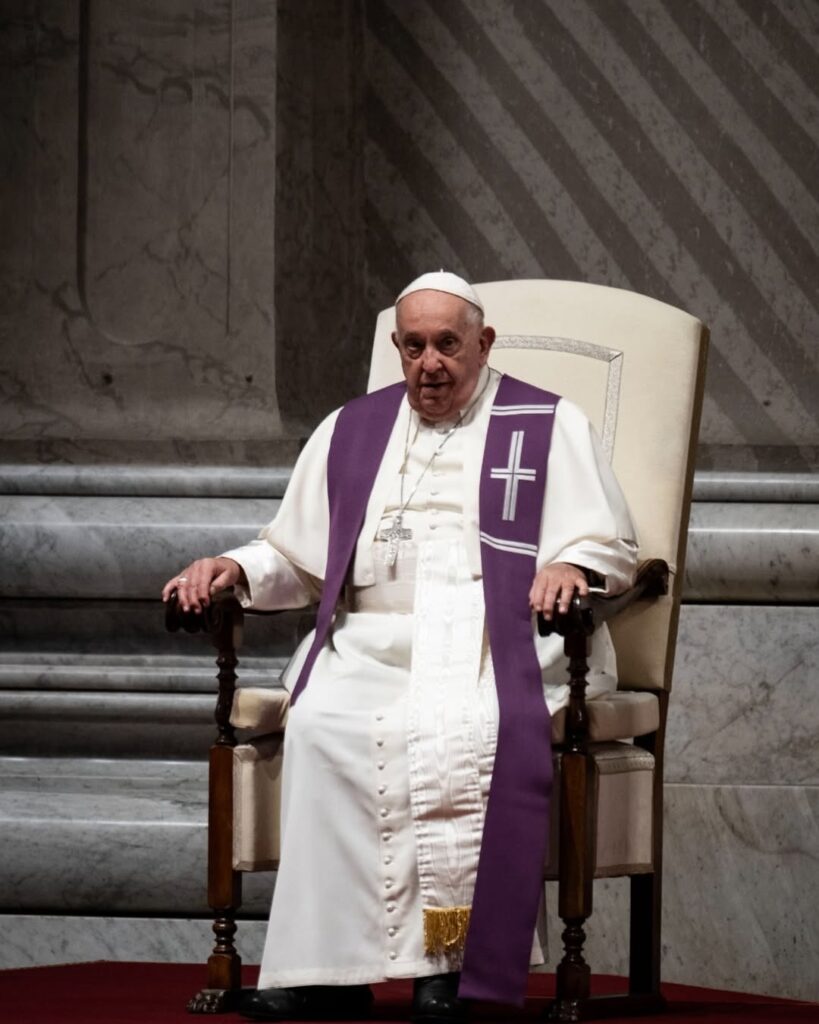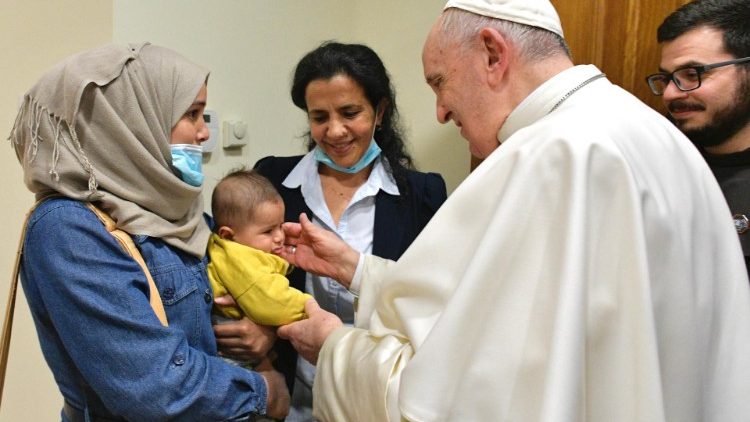The school with a Christian identity
Reflections

What awaits schools with a Christian identity in this 21st century? It’s too early to say it fairly. However, based on two specific facts, the corners of the lips of educational institutions should show signs of concern. Once again, education has been declared in a state of emergency, to recover learning and prevent the lack of equity from continuing to grow. How serious must the recovery of learning and the growth of iniquity be that cannot be remedied using the ordinary powers of the authorities? The risk of this measure lies in the approval of a legal framework that gives way to changes that remove the foundations of education. The declaration of emergency is a kind of shield behind which the government shelters itself to act freely, but it is also a lack of respect and consideration for the work and achievements of past generations.
The second fact refers to the confirmation of the ideological position that has been openly raised; we are facing a progressive current, defender of statism and open to immanentism. “Collectivism affirms the ontological priority of the collectivity, of the social whole over individuals: the primary thing in the human being is its social dimension. Marxist doctrine is the clearest example of this anthropological conception” [Gelardo, T. 2005]. Without a doubt, the tone of government actions will be ideology first and reality second.
The challenge for schools is twofold: recover Western-Christian values and culture, and strengthen institutions and their autonomy. In this sense, territorial leadership rises strongly. It is a favorable time to establish synergies and alliances between the various educational centers, with a view to confronting Marxist policies whose purpose is to impose a single thought among citizens for which they seek to annul the freedom of education and pluralism in the proposals educational.
What should be done?? Pay attention to what is important. What is important? What looks at the medium term, at continuity and unity. It is necessary to give clear, precise and solid information about the identity of the school, through the ideology. The ideology is the common good that makes it possible for a school to be configured as a community. At the same time, it expresses to society its axiological and philosophical foundation, so that those who choose the school are certain of the content of their educational project and know the possibility of participating in the type of education that the school offers. At school, on the occasion of the teaching-learning relationship, the person of the student appears. Likewise, on the occasion of the teacher’s behavior, the school’s ideology appears before the student. To recognize the person of the student, it is key to understand that pedagogy that lacks an answer to the question “what is man?” will only build castles in the air.” [Stein. E., 2003] Reflection on the implications of school philosophy does not have to be the sole task of the teacher, it is the responsibility of the school at all levels, to conduct it and support it with arguments, fundamentally through its identity expressed in its culture.
From the confirmation of the identity, which must permeate the entire structure and instances of the school, other topics appear that I will limit myself to pointing out: a) the family-school relationship, which must be strengthened with communication strategies that allow recapitulating the trust lost as a result of the pandemic and, rebuild what Gramschian Marxism deconstructed: family, values, person, truth…. Fewer and fewer young people are opting for a career in education, and I do not believe this trend is reversible. Regarding their training, it must influence the understanding and internalization of the school’s ideology.
Another big issue is the training of successors, that is, future managers. The enhancement of the school’s Core rests on its middle managers. The succession when the headmaster leaves his position should not be traumatic, on the contrary, it should communicate an immediate sense of continuity. Increasingly, the figure of the general headmaster is “political” and relational with unions, the State, parent groups, in congresses, in exchanges with other headmasters; all of which adds value to the prestige and image of the school.
Finally, Christian-inspired schools must anticipate the biased and intentional influence that their alumni receive at universities. To inoculate the necessary antidotes in the face of the onslaught of leftist ideas, it would be advisable to review the following courses: history of Peru; philosophy, main currents of thought; communication, grammar concepts, signs, symbols and conventions; biology: human nature.
Related
 (EN)
(EN)
 (ES)
(ES)
 (IT)
(IT)





